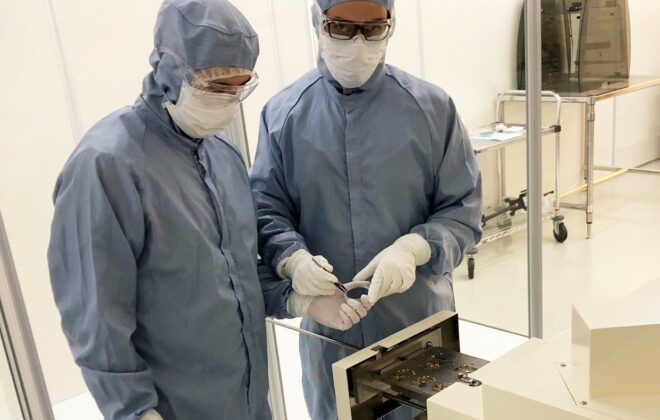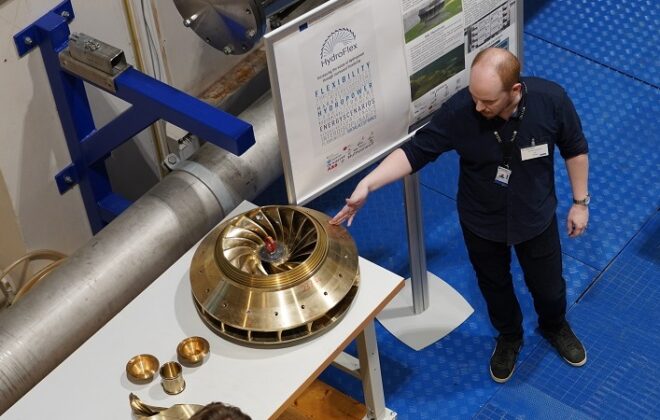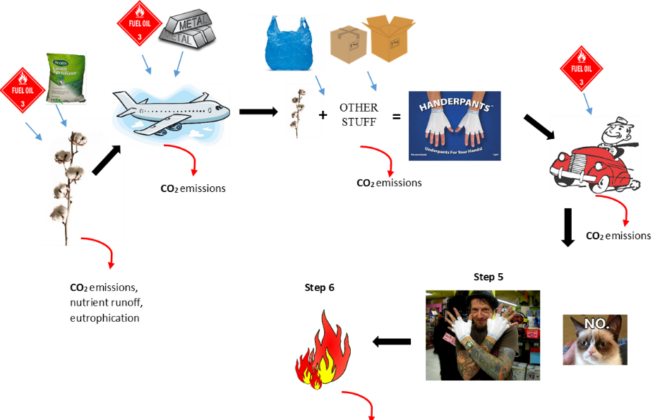Knowledge, friendship and cooperation: NTNU and China
The energy challenge is a global problem that demands global solutions. A partnership between NTNU and Shanghai Jiao Tong University in China that began in 2010 is an excellent example of exactly the kind of global cooperation the world needs to address this challenging problem.
Energy is absolutely fundamental in providing for the world’s needs, for everything from food, housing and clothing to transportation, health and recreation. We know that the world has to make substantial cuts in emissions from the energy sector in the years to come. At the same time population growth will increase energy demands.
How can we provide enough clean energy to ensure that the world can develop in a sustainable and peaceful way? This is the greatest challenge facing humanity. In response, the Joint Research Centre (JRC) on Sustainable Energy between Shanghai Jiao Tong University in China and NTNU adopted this shared vision:
Sufficient and clean energy for a sustainable and peaceful society
Guided by this broad mission, the JRC Board selected 5 research areas:
- Energy System Analysis
- Energy Use in Buildings
- Refrigeration – Including “Use of CO2 as natural working fluid” and “Gas Technology – LNG”
- Offshore Wind & Smart Grids
- Catalysis for New Energy Technologies
36 joint publications on sustainable energy
From the start of the JRC project on 1 January 2013 and up to 30 June 2016, we are proud that:
- We have organized 5 JRC workshops, 2 at SJTU and 3 at NTNU, each with roughly 40 participants.
- Forty-nine professors and researchers have taken an active part in the JRC, of which 22 are at SJTU and 27 at NTNU. The hours they have spent working on JRC projects represents a substantial economic investment by the universities.
- 15 PhD candidates will be educated (8 at SJTU and 7 at NTNU).
- 67 presentations have been made at international workshops and conferences, and we have published 36 joint scientific articles.
- The JRC team has held 4 summer courses at SJTU, of which SENIC in 2015 was the most comprehensive, with 69 students.
- 13 double-degree master’s students have completed their degrees to date, with more to come ….
All this adds up to a considerable amount of scientific activity, and we believe it’s fair to say that the JRC project has been successful, even though the original goal of the partnership was to win funding from Chinese and Norwegian sources and attract industrial partners. These goals had to be abandoned because of the special relationship between China and Norway during the project period.
Global reach
International cooperation has been a central component of NTNU’s strategic research area “Energy and Environment” since its start in 2000. NTNU’s strong position in the energy area should be used to develop research partnerships with universities in countries and areas that have been prioritized by the Norwegian government, specifically the EU, the USA, China and Japan.

The agreement between Shanghai Jiao Tong University (SJTU) and NTNU to develop a Joint Research Centre (JRC) on Sustainable Energy was signed by the President of SJTU and Rector of NTNU in May 2010. Directly afterwards, NTNU, SJTU and the Research Council of Norway (RCN) financed preparations that enabled the JRCproject to start on 1 January 1, 2013, with the shared mission described above.
The development of the JRC was headed by a JRC Board, with representatives from SJTU and NTNU who meeting regularly during the JRC Workshops. The goal has been to undertake fundamental research with “paired” PhDs financed by SJTU and NTNU, working on the same research area and guided by professors at SJTU and NTNU.
One master’s degree from two universities

Another goal adopted by the Board was to use the JRC network to develop a “Double Degree MSc Education in Sustainable Energy” for the selected areas. This means that students could receive a master’s degree (diploma) both from SJTU and NTNU.
Read the article about the Double Degree in Universitetsavisa (in Norwegian).
Another goal was to develop summer courses at SJTU, where these summer courses play a major role in the curriculum.
Family motto

To develop a “JRC family”, we had to create regular meeting places where people in the 5 JRC research area groups could meet, present results from ongoing projects as well as new ideas, decide on further work, identify interesting projects to work on together and plan for the future. This was the reason behind having regular workshops.
We also decided it was important to combine science and social relationships, so the workshops have always included interesting visits and events. From the very start, we decided that the motto for the development of the JRC would be:
Knowledge – Friendship – Cooperation
And after every successful workshop and meeting the JRC family has always done the human wave together, and it has worked…
Our JRC project ended on Thursday April 21, 2016. During the last JRC workshop at NTNU, the whole JRC family did the traditional human wave for knowledge, friendship and cooperation together – in celebration of all we had been able to achieve, AND for the successful development of our cooperation in the future.
This blog post was originally published on September 2nd 2016 on www.ntnutechzone.no

Arne M. Bredesen
Arne M. Bredesen is a Professor Emeritus at NTNU.
Tags In
Search
Søk
Categories
- Arctic Research
- Arkitektur
- Bærekraft
- Bioingeniørfag
- Biologi
- Biology
- Biomedical Laboratory Science
- Biotechnology
- Bioteknologi
- Chemical Engineering
- Chemistry
- Climate
- Computer Science
- Datateknologi
- Digital
- Elektronikk
- Energi
- Energi
- Energy
- Engineering
- Engineering
- Environment
- Food Science
- Forskning
- Fysikk
- Fysikk
- Havbruk
- Informasjonsteknologi
- Informasjonsteknologi
- Ingeniørvitenskap
- Kjemi
- Kjemisk prosessteknologi
- Kjemisk prosessteknologi
- Kreftbehandling
- Kybernetikk
- Marine Technology
- Materialer
- Materials Science
- Materialteknologi
- Matvitenskap
- Meninger
- Miljø
- Min ph.d.
- My PhD
- My PhD
- My postdoc
- Nanotechnology
- Nanoteknologi
- Ocean
- Oil and gas
- Physics
- Research
- Simulering og visualisering
- Spør en forsker
- Studentliv
- Sustainability
- Ukategorisert
- Universitetsliv
- University Life
Kategorier
- Arctic Research
- Arkitektur
- Bærekraft
- Bioingeniørfag
- Biologi
- Biology
- Biomedical Laboratory Science
- Biotechnology
- Bioteknologi
- Chemical Engineering
- Chemistry
- Climate
- Computer Science
- Datateknologi
- Digital
- Elektronikk
- Energi
- Energi
- Energy
- Engineering
- Engineering
- Environment
- Food Science
- Forskning
- Fysikk
- Fysikk
- Havbruk
- Informasjonsteknologi
- Informasjonsteknologi
- Ingeniørvitenskap
- Kjemi
- Kjemisk prosessteknologi
- Kjemisk prosessteknologi
- Kreftbehandling
- Kybernetikk
- Marine Technology
- Materialer
- Materials Science
- Materialteknologi
- Matvitenskap
- Meninger
- Miljø
- Min ph.d.
- My PhD
- My PhD
- My postdoc
- Nanotechnology
- Nanoteknologi
- Ocean
- Oil and gas
- Physics
- Research
- Simulering og visualisering
- Spør en forsker
- Studentliv
- Sustainability
- Ukategorisert
- Universitetsliv
- University Life



